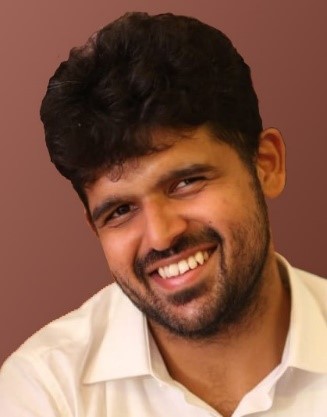Indo-US Relations: Perception and Reality
This paper attempts to provide an overview of significant recent developments in US policy towards South Asia and their implications for India. It examines the proposed cooperation between India and the US, focusing on advanced technology issues. It also places this issue in the context of US-Pakistan ties, as this provides a relevant referent for comparison. This paper concludes that while the US and India are formally expanding their strategic cooperation, the results on the ground are still not in step with the rhetoric.
- G. Balachandran
- April 2005








